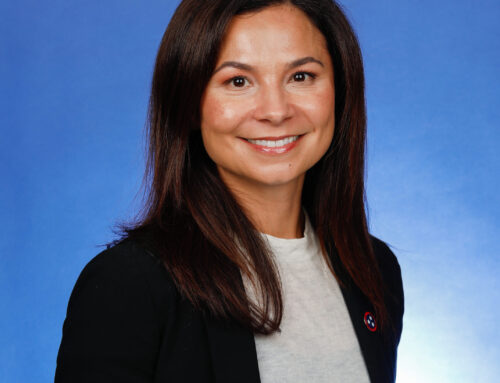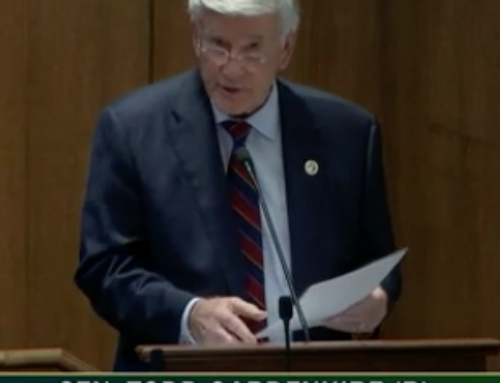TCOG improves public access in its first 10 years
By Deborah Fisher, Executive Director of Tennessee Coalition for Open Government
The Tennessee Coalition for Open Government celebrated a milestone last year. It turned 10 years old.
As its new executive director, I spent the first couple weeks on the job researching the group’s activities, and the accomplishments have been impressive.

TCOG was founded 10 years ago to improve government transparency in Tennessee.
Image courtesy of Stuart Miles of FreeDigitalPhotos.net
Those who were in on the ground floor – including the Tennessee Press Association, the Tennessee Association of Broadcasters, The Commercial Appeal, The Tennessean, Knoxville News Sentinel and the Chattanooga Times Free Press – should be proud.
The support of newspapers and broadcasters continues to be foundational to TCOG. But as they know, TCOG extends beyond media and has included good government groups such as the League of Women Voters, neighborhood associations, individual citizens and lawyers. It’s this broad alliance that gives the organization the brainpower and strength to fulfill its mission of preserving and improving government transparency in Tennessee.
Since its inception in 2003, TCOG has provided research, education and analysis that has resulted in concrete improvements in public access.
Some of those improvements have been written into law.
Perhaps TCOG’s most landmark accomplishments came in 2008 when results of its statewide public records audit and other research convinced Gov. Phil Bredesen and the Legislature to pass the first improvements in public records laws in 25 years and create a new Office of Open Records Counsel.
Before then, officials did not have to cite a legal basis for denying records and there were no rules regarding fees, allowing government bodies to essentially discourage request through outrageous copying costs. The law also ushered in the first-ever deadlines for compliance with the Open Records Act, reducing the long, unexplained delays.
“We had a public records law that at the time left the public at the mercy of the courts to basically prosecute a routine public records request,” said Frank Gibson, who served as TCOG’s executive director for its first eight years. “You could ask for a record. A custodian could say no you’re not going to get it. The only recourse you had was to hire a lawyer and go to court.”
The Office of Open Records Counsel provides a third-party legal authority that can mediate disputes, thus avoiding expensive litigation. Led by Elisha Hodge, the office also publishes opinions and best practices for public officials, including guidelines for fees.
Other TCOG accomplishments have included helping keep at bay legislation or litigation outcomes that would hamper an open government culture. TCOG tracks legislation, court rulings and court cases that threaten open government, spreading the word on key issues, and at times, getting involved in cases that have potential for broad impact.
Education and research remains the heart of TCOG’s activities. It has provided training and presentations to more than 1,750 people and offered on-the-spot free guidance to more than 1,000 citizens and journalists.
In thinking about the next year for TCOG, or the next 10 years, I asked Gibson to recall what got TCOG started in the first place.
It was a simple case back in 2002 that should have been handled in chancery court in Hamilton County, he said.
A Chattanooga TV station had sued to get photographs of police officers suspended during an investigation. A well-financed out-of-state police officers union showed up, arguing a federal privacy issue.
“They got the case kicked to federal court,” Gibson said. “We were afraid it would end up in a decision that would declare our public records law unconstitutional saying it didn’t provide enough privacy for certain groups.”
Gibson, then the state sunshine chair for the Society of Professional Journalists, coordinated support and helped line up lawyers and money.
The group won – the federal judge kicked it back to chancery court, which ruled that the photos had to be released. And the seeds of what would become a more permanent, broad-based open government coalition had been planted.
For those in the media who work on the front lines of open government, you know the job is not done. But the story of the Chattanooga case – and the achievements of TCOG in the first 10 years – is a good reminder of the immense energy created by individuals who choose to work together for something important.
I encourage you to contact me, let me know your thoughts and join in the efforts of TCOG. It’s you who hold the keys to making the next decade as fruitful as the first.
Contact Deborah Fisher at (615) 602-4080 or [email protected]. Follow her on twitter at @TNOpenGovt.




